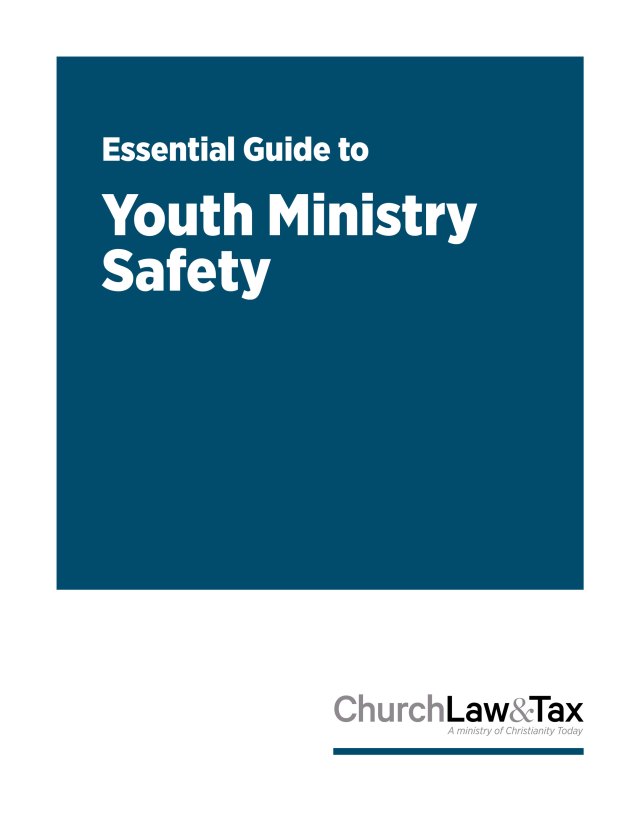• Key point 4-11.1. Clergy who engage in sexual contact with an adult or minor are subject to civil liability on the basis of several legal theories. They also are subject to criminal liability.
• Key point 10-12. Churches face a number of legal risks when they offer counseling services by ministers or laypersons. These include negligent selection, retention, or supervision of a counselor who engages in sexual misconduct or negligent counseling. A church also may be vicariously liable for a counselor’s failure to report child abuse, breach of confidentiality, and breach of a fiduciary relationship.
• Key point 10-13.1. A few courts have found churches and denominational agencies liable on the basis of a breach of a fiduciary duty for the sexual misconduct of a minister. In some cases, the church or agency is found to be vicariously liable for the minister’s breach of a fiduciary duty, but in others the church or agency is found to have breached a fiduciary duty that it had with the victim.Seduction of Counselees and Church Members
* The Florida Supreme Court ruled that it was barred by the first amendment from resolving a woman’s lawsuit claiming that she had been the victim of a priest’s sexual misconduct. A woman sought out a priest for marital counseling, and alleged that the priest engaged in sexual contacts with her. The woman sued her church and diocese, claiming that they were aware of prior incidents involving sexual misconduct during counseling by the same priest. Despite this knowledge, nothing was done to address the problem. She claimed that the priest breached a fiduciary duty by becoming romantically involved with her; that the church and diocese had a fiduciary relationship with her (because she reported the priest’s misconduct to them) that was breached; and, that the church and diocese engaged in negligent hiring, supervision, and retention of the priest. The church and diocese asked the court to dismiss the lawsuit against them on the ground that a resolution of the woman’s claims would result in an “excessive entanglement” of the court with religious beliefs in violation of the first amendment. The court agreed with the church and diocese, and dismissed the lawsuit against them. The woman appealed. A state appeals court ruled that the woman’s claims could be resolved without violating the first amendment, and the state supreme court agreed. The court concluded that the first amendment does not “preclude a secular court from imposing liability against a church for harm caused to an adult and a child parishioner arising from the alleged sexual assault or battery by one of its clergy.” The court concluded that resolving the woman’s negligent hiring, supervision, and retention claims “constituted neutral principles of tort law that did not violate [the first amendment].”
The court also ruled that the church and diocese could be liable for the priest’s acts on the basis of a breach of a fiduciary duty:
The counselor-counselee relationship has been characterized as a fiduciary one. As the Colorado Supreme Court has explained, a clergy member who undertakes a counseling relationship creates a fiduciary duty ‘to engage in conduct designed to improve the [plaintiffs’] marital relationship. As a fiduciary, [the clergy member] was obligated not to engage in conduct which might harm [the plaintiffs’ marital] relationship.’ Accordingly, we hold that when a church, through its clergy, holds itself out as qualified to engage in marital counseling and a counseling relationship arises, that relationship between the church and the counselee is one that may be characterized as fiduciary in nature. We thus stress that the liability in this case rests on the assertion of an abuse of a marital counseling relationship through an inappropriate sexual relationship.
The court concluded that “an evaluation of whether a fiduciary relationship arose and whether a religious organization breached this duty does not require an adjudication of religious doctrine or beliefs. Thus, allowing [the woman’s] claim to be adjudicated in a secular court neither infringes upon nor restricts the religious practices of the church defendants and thus does not constitute a [first amendment] violation.”
Application. Florida is one of a small number of states that have recognized “breach of fiduciary duty” as a basis of liability in clergy sexual misconduct cases arising out of marital counseling. This will make it easier for victims of clergy sexual misconduct to sue churches and denominational agencies. Doe v. Evans, 814 So.2d 370 (Fla. 2002).
© Copyright 2003 by Church Law & Tax Report. All rights reserved. This publication is designed to provide accurate and authoritative information in regard to the subject matter covered. It is provided with the understanding that the publisher is not engaged in rendering legal, accounting, or other professional service. If legal advice or other expert assistance is required, the services of a competent professional person should be sought. Church Law & Tax Report, PO Box 1098, Matthews, NC 28106. Reference Code: m67 c0303




